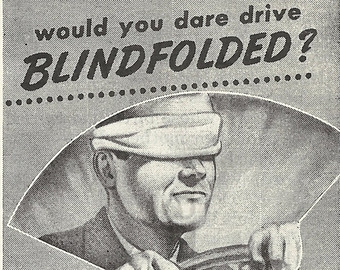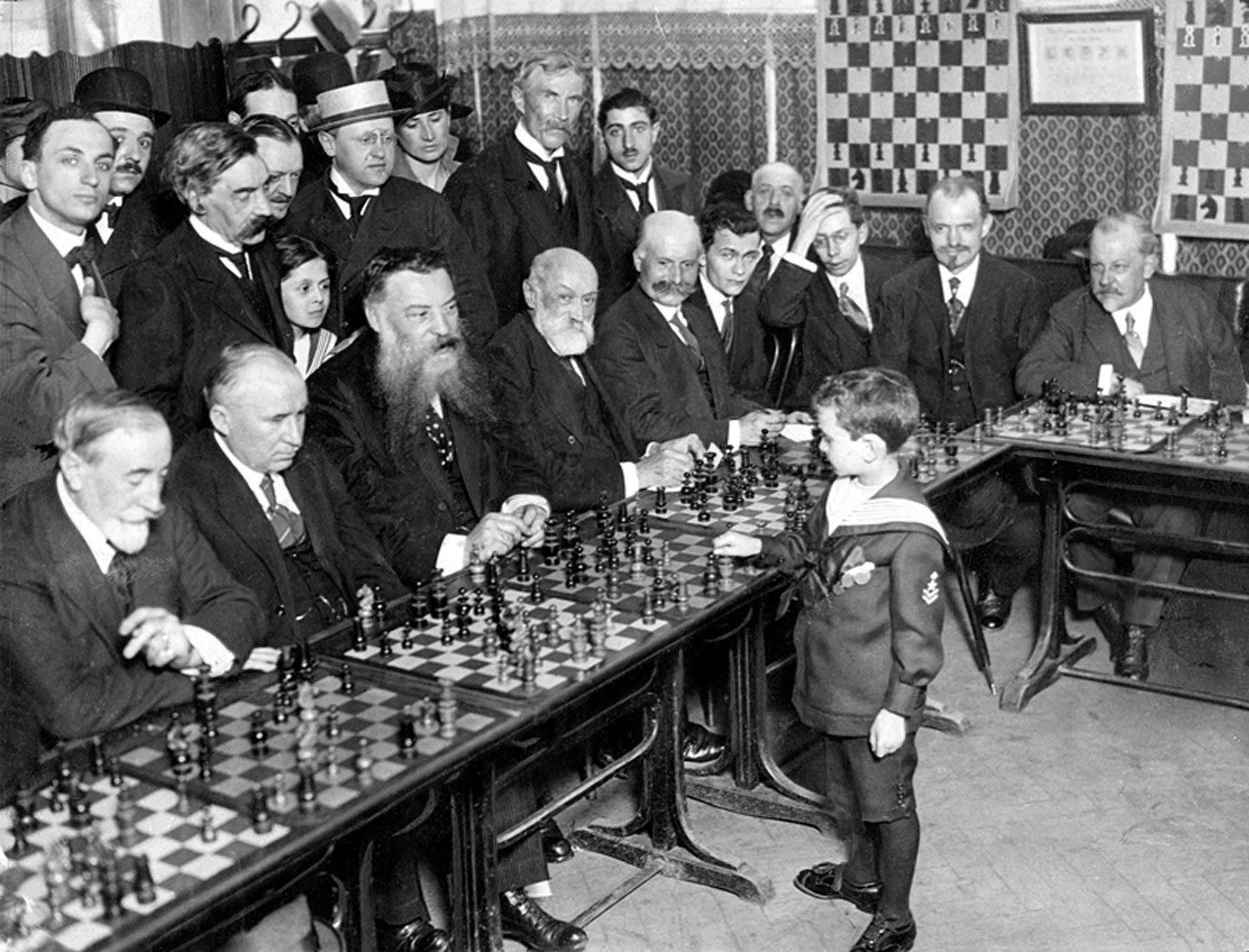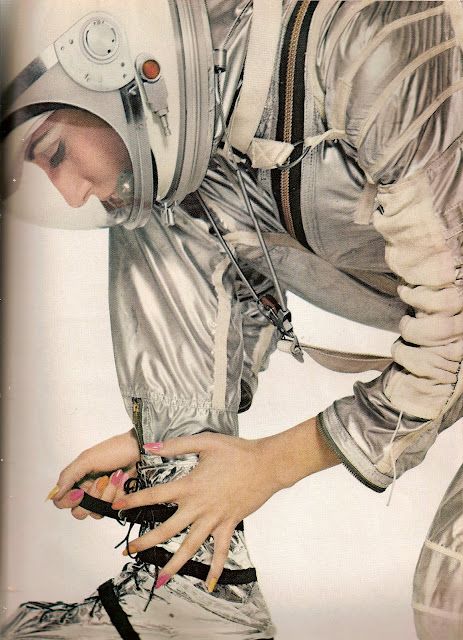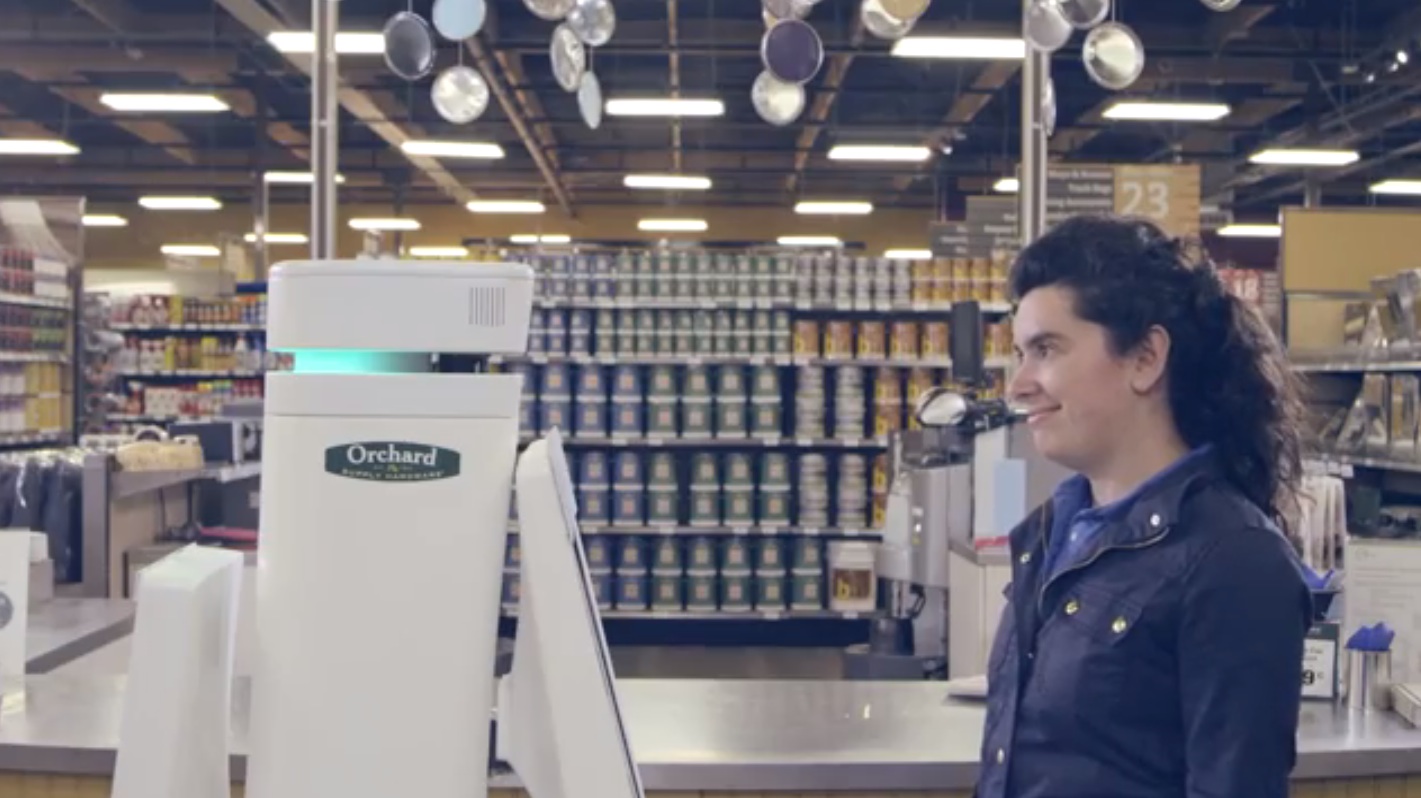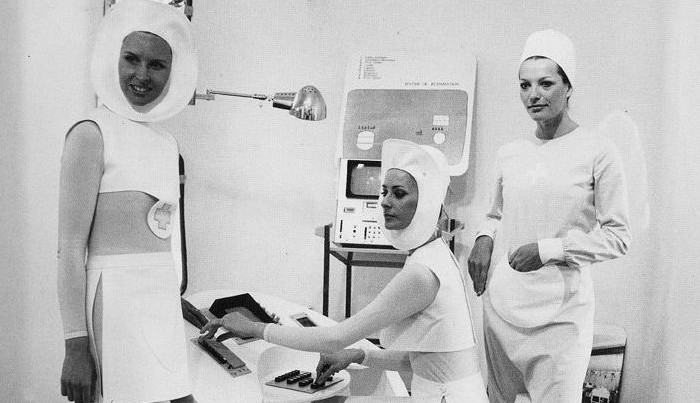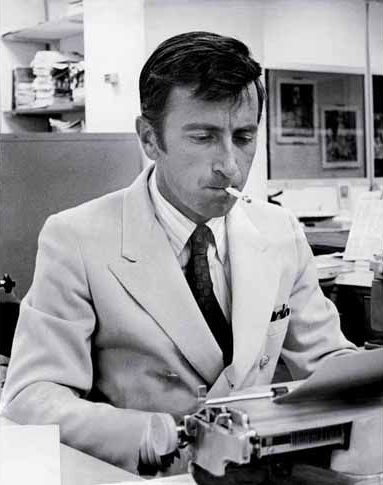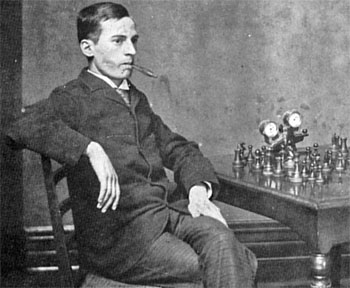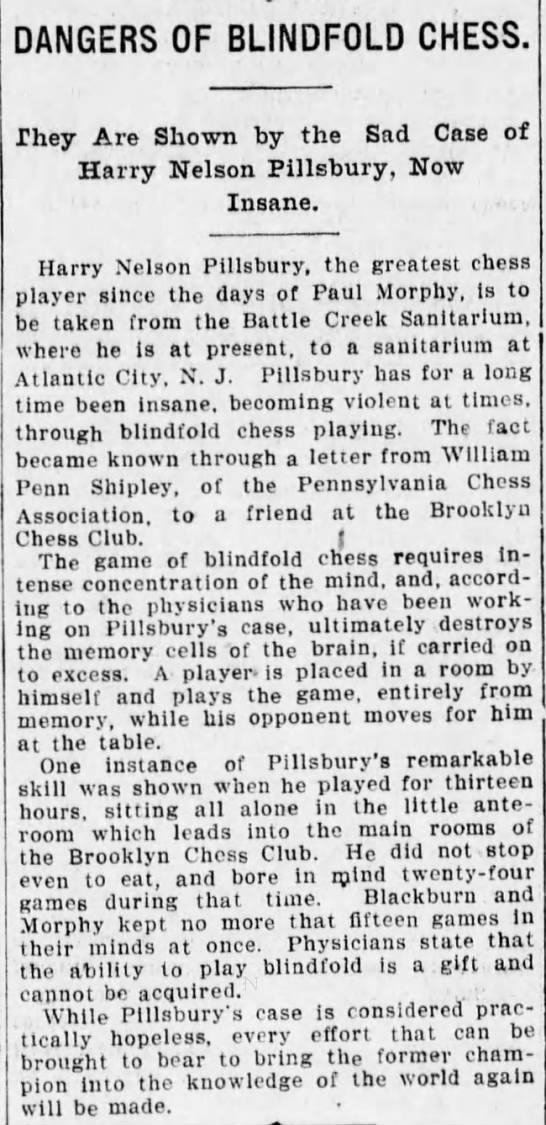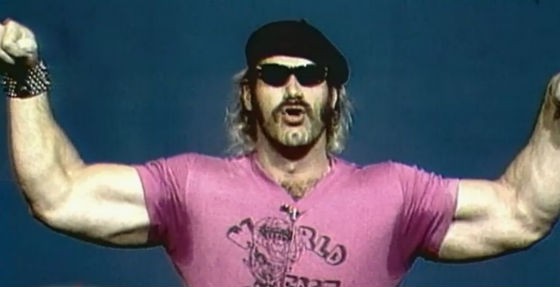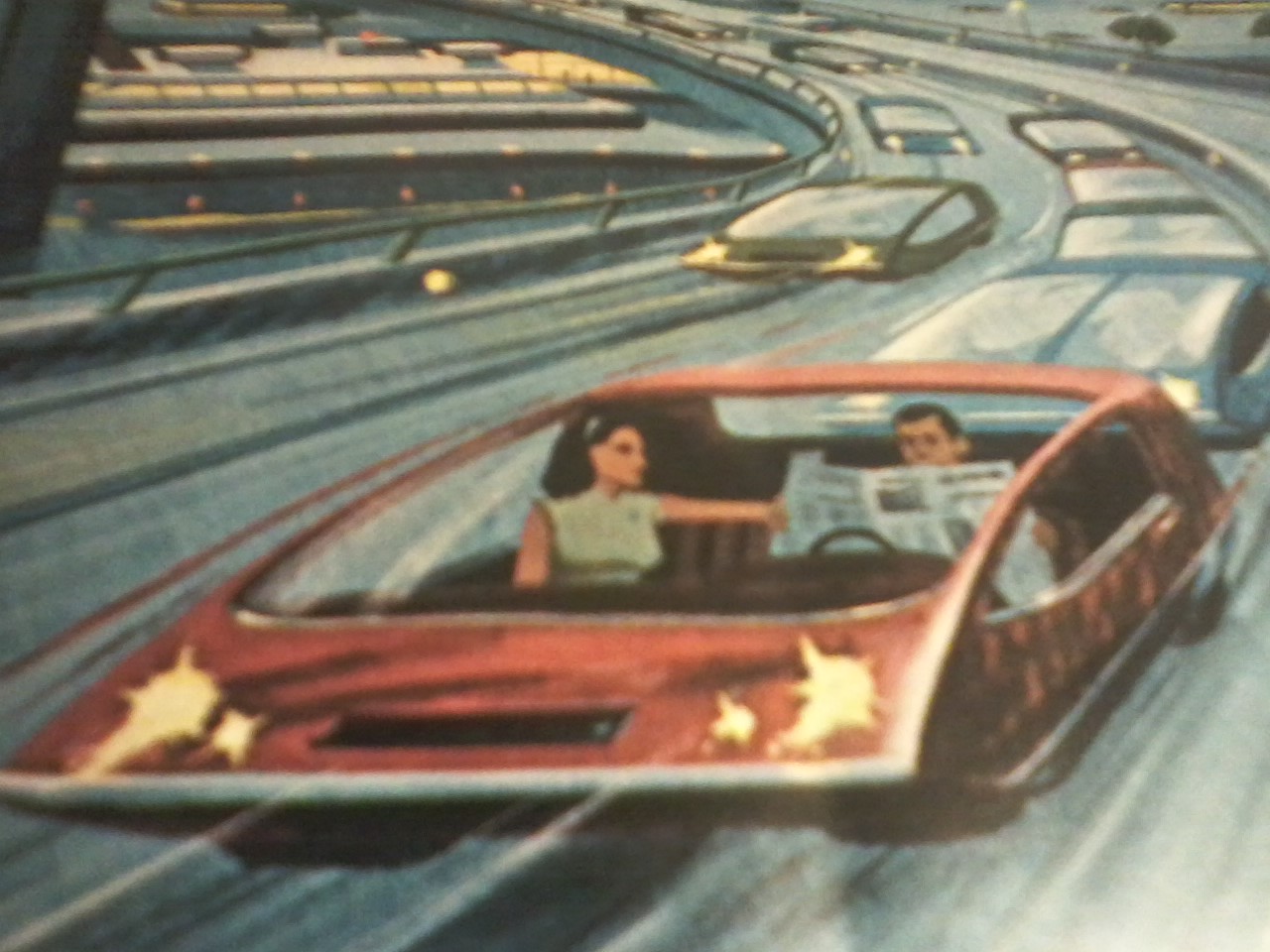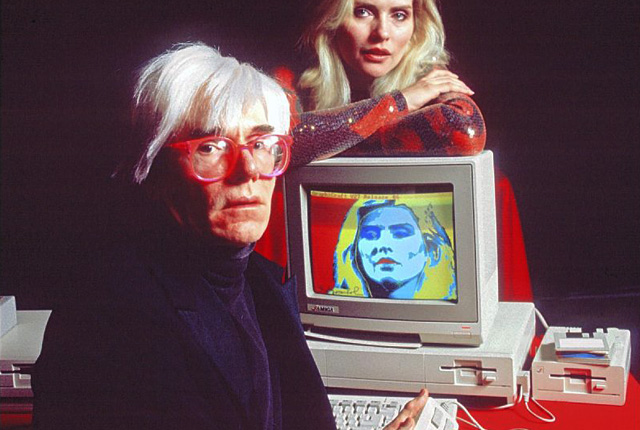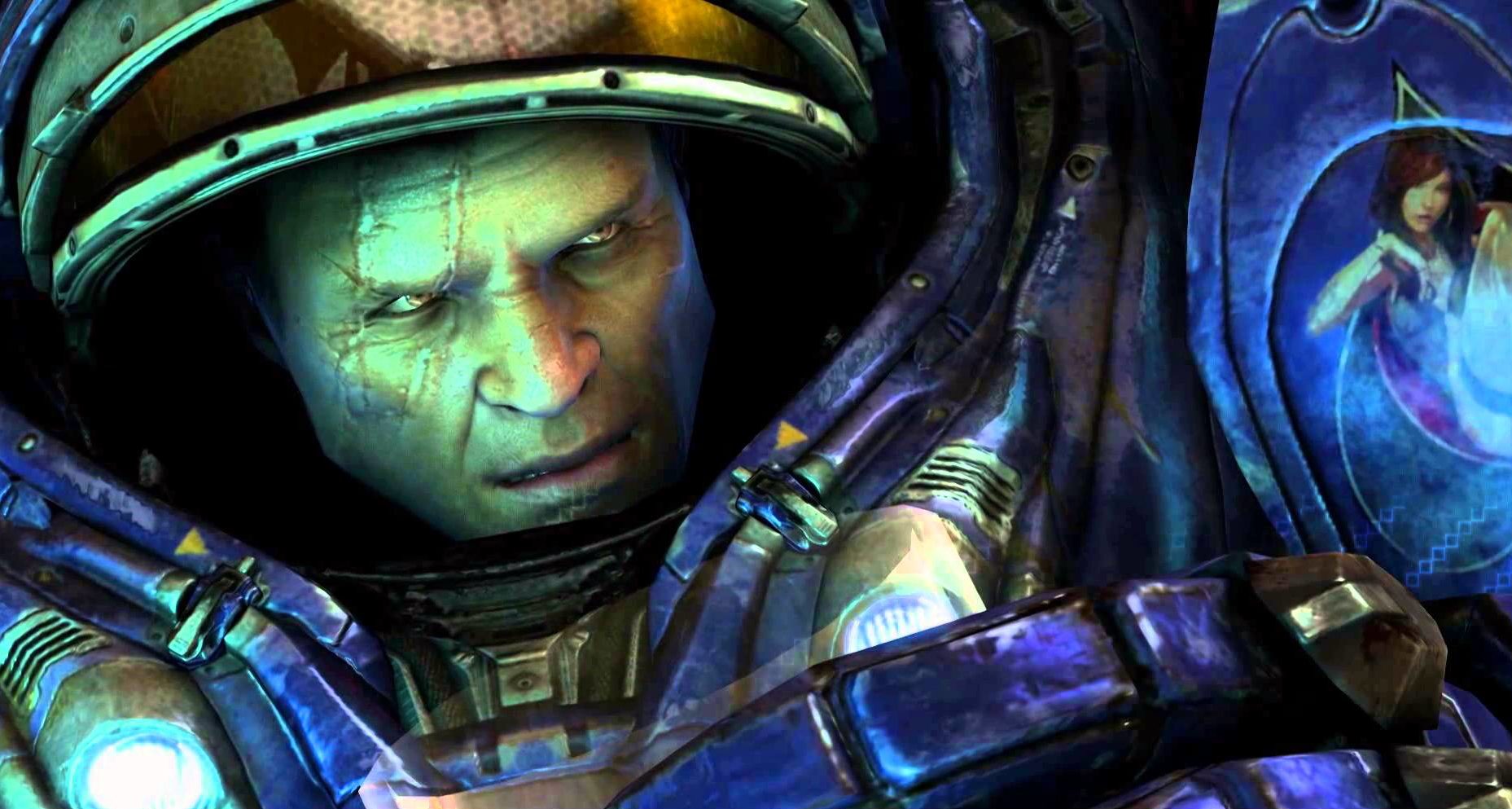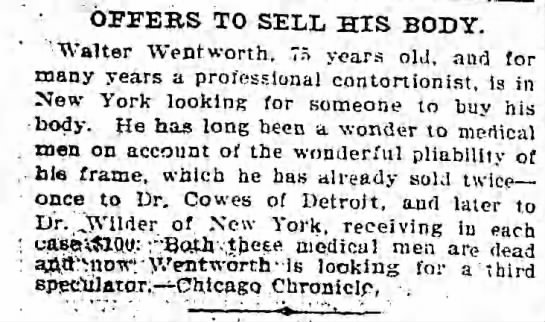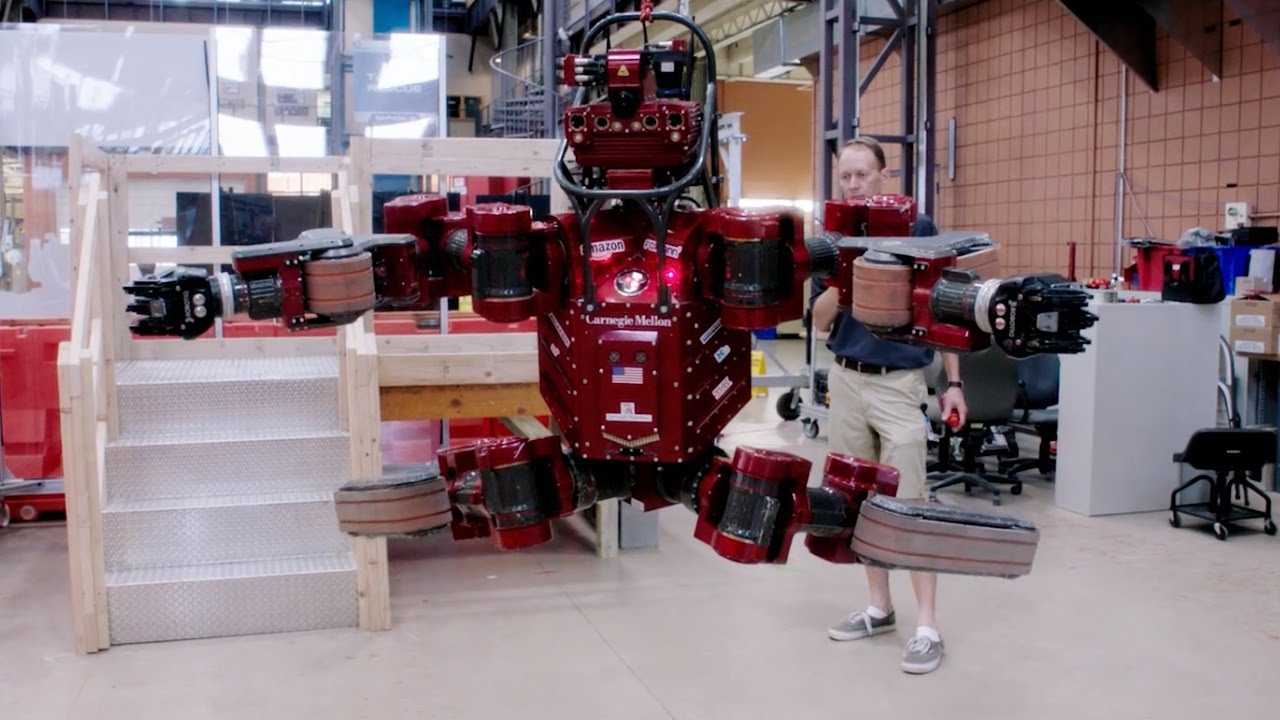The press and Republicans didn’t exactly help matters in regards to the political rise of the hideous hotelier Donald Trump.
The former initially treated him as cheap summer programming and misrepresenting him as an irreverent, naughty uncle rather than the deeply racist, seeming sociopath he is. But the media didn’t make Trump the GOP nominee–the people did. The Republican establishment been pandering to the racist heart of America for decades, and it turns out there were far more people with Angry White Person’s disease than previously diagnosed. More than economics, that’s what Trump tapped into: unearned privilege under threat. He’s a rich person who feels ripped off because of all he lacks inside, and the same is true today of a good chunk of the country.
Fellow Republicans also didn’t try to drive Trump’s clown car off course for far too long, everyone thinking it was all an elaborate joke, and if they just avoided the scrum, they’d be okay. I doubt, however, it would have made much of a difference if they had acted sooner. John Kasich, exceedingly conservative and eminently electable, never had a prayer of gaining the nomination. Republicans weren’t voting for policy or principles but rather for hatred and nativism. They chose their messenger, their nominee, for very clear reasons. When you select the candidate who mocked POWs and the disabled, and bragged about the size of his dong during a debate, there can be no mistake.
Not everyone agrees, however, with my contention that wags and pols aren’t responsible for Trump’s candidacy. Excerpts follow from: 1) Carl Bernstein insisting at Real Clear Politics that Matt Drudge could have stopped Trump, which I think is preposterous, and 2) Jeffrey Goldberg’s immaculately written Atlantic article, which suggests more moderate members of the GOP could have prevented the “Make America White Again” movement, which I also doubt.
From Carl Bernstein’s comments:
“One of the interesting things we’ve seen in this campaign is FOX has driven Trump’s candidacy less than Matt Drudge,” the legendary journalist said Wednesday on CNN. “Drudge is really a great new factor in this election in terms of media. He is — Drudge, that site has been unapologetically in Trump’s pocket from the beginning. And I would say a large measure of why Donald Trump is the nominee goes to Matt Drudge in much the way that FOX has — when you use the word kingmaker, I’m not sure it goes quite far that way, but it is an influence unequalled.”
Goldberg’s sharply written opening:
The neediness of politicians has always fascinated me; the pathological desire for relevance; the plasticity of belief in the service of self-aggrandizement; the depths plumbed in order to stave off insignificance, which can be as frightening as non-existence itself. One of my favorite politicians, Chris Christie, the governor of New Jersey, is almost morbidly needy. His desire for attention made him into a brilliant retailer, mainly of himself, but also of his ideas, and intermittently, of his state. His neediness made him greatly entertaining. But it also caused him to betray his own principles.
I recognize that it took millions of Republican primary voters to bring America to this frightening moment, a moment in which a preposterous grifter of authoritarian bent whose mental health is the subject of pervasive and anxious speculation, has become a major-party nominee for president. But it was men like Christie who were indispensable in the creation of this moment. Donald J. Trump could have been stopped. I believe he could have been stopped early, by a concerted effort to unify the party behind a single, viable, non-fraudulent candidate; and he could have been stopped late, if Republicans like Christie had not crumpled before Trump. A handful of honorable men did, in fact, try to stop him. But they were too few in number, and too marginal to make a difference. Collectively, the most influential and smartest Republican elected officials—people who fall into the general category of Them That Knew Better—just might have been able to devise a way to prevent what is happening from happening. But abdication of responsibility and self-debasement in the pursuit of power were the order of the day.•


